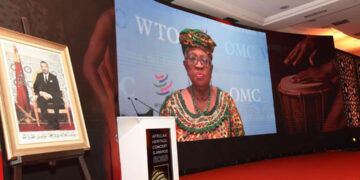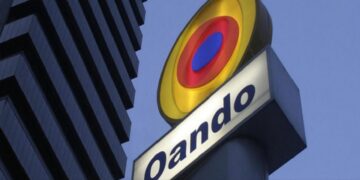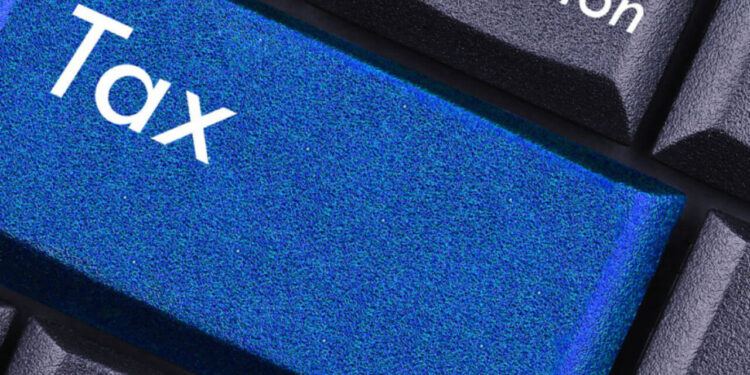By Ebi Kesiena
Morocco’s tax amnesty scheme, which concluded at the end of 2024, has successfully legalised approximately 127 billion dirhams (€12 billion), surpassing the government’s initial projections.
This was announced by the Minister Delegate to the Prime Minister for Relations with Parliament and Government Spokesperson, Mustapha Baitas, who addressed the media following a government council meeting in Rabat.
According to Baitas, the initiative encouraged taxpayers to disclose undeclared income and taxable earnings before 1 January 2025, resulting in outstanding outcomes.
The disclosed amount, which contributed 6 billion dirhams to state revenues, is anticipated to significantly bolster the national economy, Baitas remarked.
He explained that the scheme enhanced trust between tax authorities and taxpayers, improved tax compliance, and provided the financial sector with essential resources to support the economy.
The funds generated have been pivotal in offsetting increased public expenditures. Tax revenues from the scheme have been allocated to cover social spending, support social dialogue, and combat inflation through various measures.
Additionally, the revenues facilitated salary increases across public administrations, amounting to 13.8 billion dirhams in 2024, benefiting approximately 1.127 million civil servants. Key sectors such as transportation and electricity also received support, alongside initiatives to mitigate the effects of inflation and drought.
Baitas noted significant growth in tax revenues in 2024, including increases of 12 billion dirhams in value-added tax (6 billion dirhams from import VAT and 6 billion dirhams from domestic VAT), 9 billion dirhams in income tax, 8 billion dirhams in corporate tax, 3.7 billion dirhams in excise duties, 1.5 billion dirhams in registration fees, and 1.4 billion dirhams in customs duties.
The 31 December 2024 deadline allowed individuals to regularise their tax status by declaring hidden income, often held in cash. In return, a reduced retroactive tax rate was applied, and criminal penalties were waived. The scheme aimed to foster greater fiscal transparency, inject new resources into the financial sector, reduce undeclared funds in circulation, and decrease the economy’s reliance on cash.
Meanwhile, analysts disclosed that reducing undeclared cash flows is viewed as a crucial step towards further liberalising Morocco’s exchange rate regime, with the medium-term goal of allowing the dirham’s exchange rate to float freely. Controlling liquidity in the parallel market is essential to maintaining the official exchange rate.

































